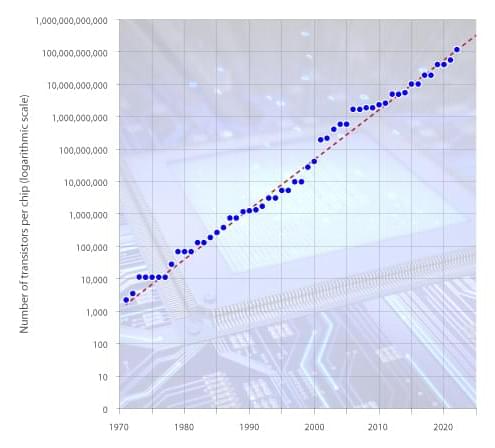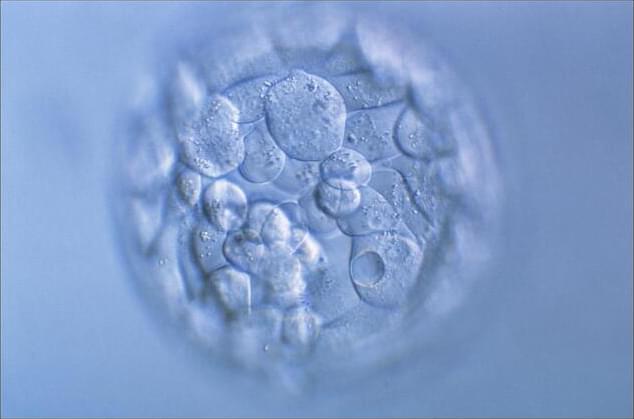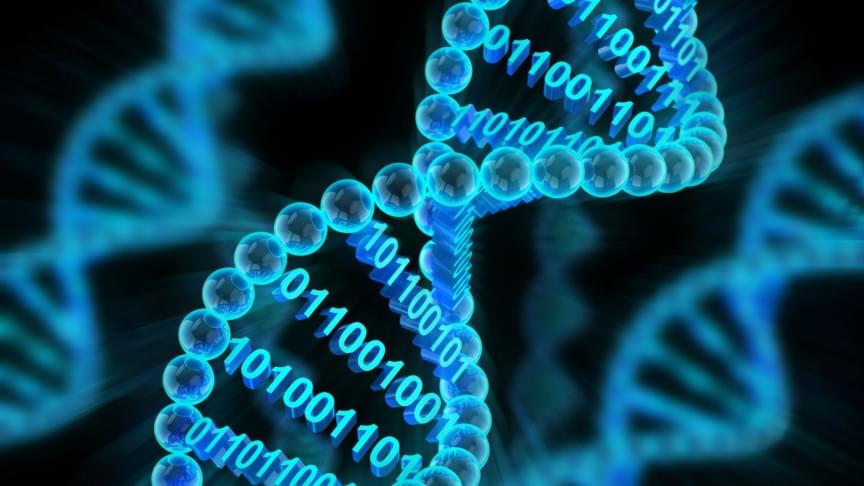Putin’s war on Ukraine grinds on, into its fourth week. Civilian casualties are mounting, families have been ripped apart, and vast areas are destroyed. President Zelensky says Putin has turned his country’s sky into a source of death. But whether Putin wins or loses, it’s clear there’s no returning to the status quo ante. What will emerge from this crisis in the center of Europe? The fate of democracy is at stake. What can a new world order look like? Scholar and author Francis Fukuyama joins the show to discuss whether the U.S.-led world order can survive — and whether America has the moral authority and the will to lead.
Originally aired on March 18, 2022
For more from Amanpour and Company, including full episodes, click here: https://to.pbs.org/2NBFpjf.
Like Amanpour and Company on Facebook: https://bit.ly/2HNx3EF
Follow Amanpour and Company on Twitter: https://bit.ly/2HLpjTI





